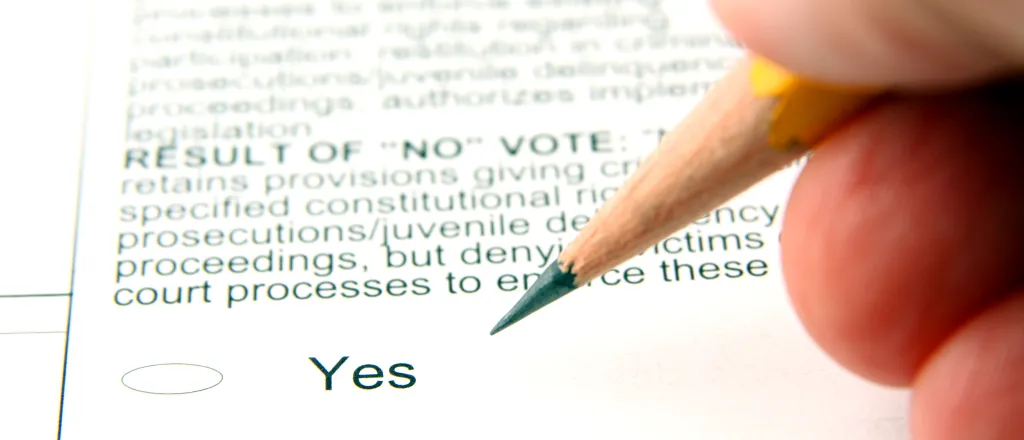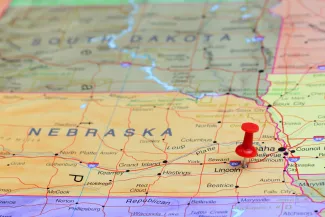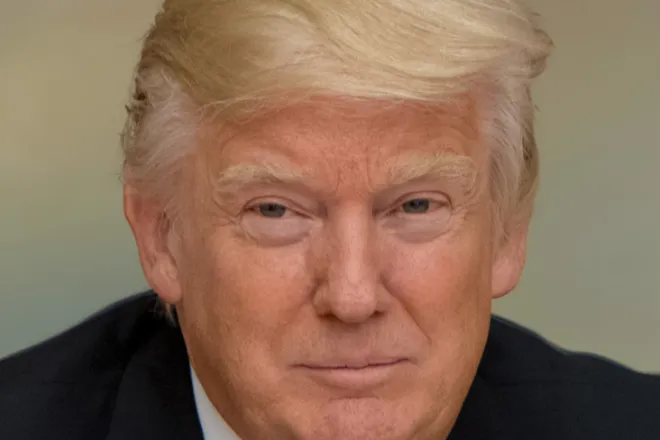
Nebraska ballot initiatives survive legal challenges
© Svanblar iStock-146069215
Click play to listen to this article.
(Nebraska News Connection) Some ballot initiatives this year have taken more than voter signatures to get onto the ballot in Nebraska. They've already withstood major court challenges.
This month, the Nebraska Supreme Court has heard two legal challenges to an abortion-related ballot initiative, even though it got 200,000 signatures.

Both claimed the initiative violated the state's single-subject rule. A third lawsuit argued that neither of the two ballot initiatives on abortion violate the single-subject rule, suggesting both, or neither, should be on the ballot. The justices allowed both to remain.
Joshua Livingston, an attorney at the Koenig Dunne law firm in Omaha, which filed the third lawsuit, said it is noteworthy the justices agreed on the single-subject rule issue but stressed their comments about ballot initiatives are also noteworthy.
"The opinion did say that the right of ballot initiatives is a protected right," Livingston pointed out. "That needs to be democratically and liberally construed to allow for people to vote."
The Nebraska justices also rejected a lawsuit challenging a ballot initiative which would eliminate $10 million of state funding annually for private and parochial school scholarships.
Currently pending is the outcome of a legal challenge to two ballot initiatives which would legalize and regulate medical marijuana based on alleged signature-gathering irregularities.
Nebraska is the only state with two abortion questions on the ballot this year, and the only one with an initiative seeking to restrict abortion access.
Adam Snipes, director of strategic partnerships at the Ballot Initiative Strategy Center, said about two dozen states have some provision for citizen-initiated ballot initiatives. What they allow varies, including amending a state constitution, creating state statutes and/or vetoing a referendum.
But Snipes said more initiatives are being challenged through legislative attacks, court cases and administrations blocking or delaying them once they have passed.
"From our perspective, it's because our issues are winning every time," Snipes explained. "We believe that these attacks on the direct democracy process are happening because legislators are wanting to take the power away from the people because they don't like the outcomes of the election."
So far, voters in four states have amended their constitutions to protect abortion rights and in two others, they have rejected initiatives to restrict them.
Support for this reporting was provided by The Carnegie Corporation of New York.
















